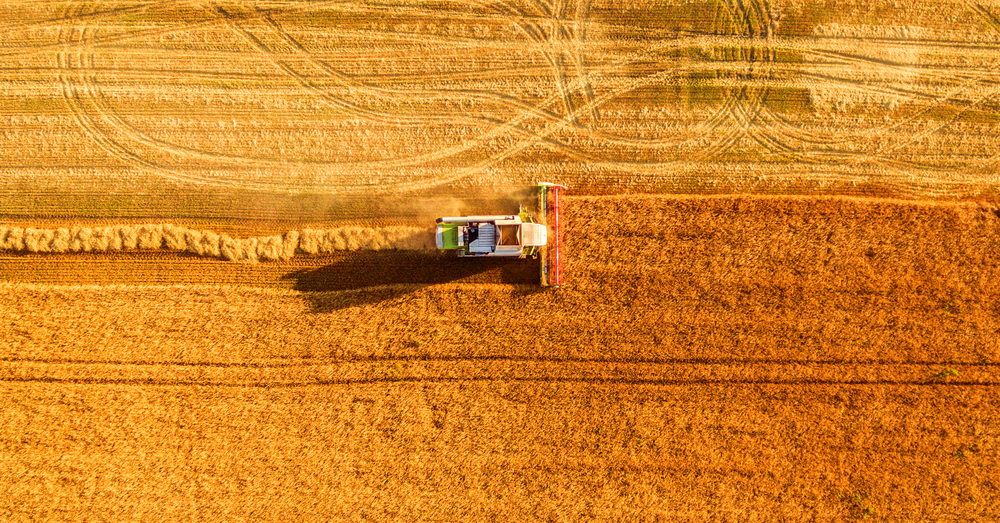There are many possible use cases for blockchain technology these days. Ranging from financial services to revamping supply chains, the possibilities are nearly limitless. But what about those industries that direly need a technological connection, such as agriculture? Could such a revolutionary technology improve one of the world’s most complex industries to date?
Several Potential Agricultural Use Cases For Blockchain Tech
Although many people tend to forget agriculture is still a real thing, the sector has been supplying our society with the products we need for quite some time now. Venturing into the world of agriculture has become far less appealing to the younger generations, particularly due to a lack of technology being used in the process. Moreover, it is a very complicated business, which needs more transparency and better industry standards as a whole.
That being said, blockchain technology has the power to change all of that. Consumers all over the world tend to favor “clean” food, but it is difficult for producers to verify the integrity of their products. Using a distributed ledger to replace the current supply chain would provide additional transparency, and may force people to think twice about the food and produce they buy on a regular basis.
But there are other areas of agriculture that can benefit from the technology as well. Intelligent supply chains are one thing, but the whole “administrative” aspect of agriculture needs a tech overhaul. Technical solutions, in the form of software and third-party services, are readily available, yet they are very expensive. In some cases, they may even prove to be inadequate.
AgriDigital recently released a report stating how blockchain technology could address nearly every shortcoming in agriculture present today. Keeping in mind how distributed ledgers provide an immutable record of transactions and information, things would certainly improve. Registering products on the blockchain is one of the most promising options to explore, which would be beneficial to farmers, retailers, and consumers.
The biggest problem haunting the agricultural sector right now is the lack of fair pricing and high transaction fees. It is difficult for suppliers to create a fair price for products, consumers tend to disagree with the outcome. Mounting costs across the entire supply chain reduce the profit margin for farmers, which is not helping matters either.
For now, the future of blockchain technology in agriculture remains a mystery. Use cases are easy to come by and may include land registry, big data monitoring, and even the use of smart contracts. An exciting future lies ahead for distributed ledgers, with the vast majority of use cases waiting to be explored in the coming decennia.
Header image courtesy of Shutterstock
